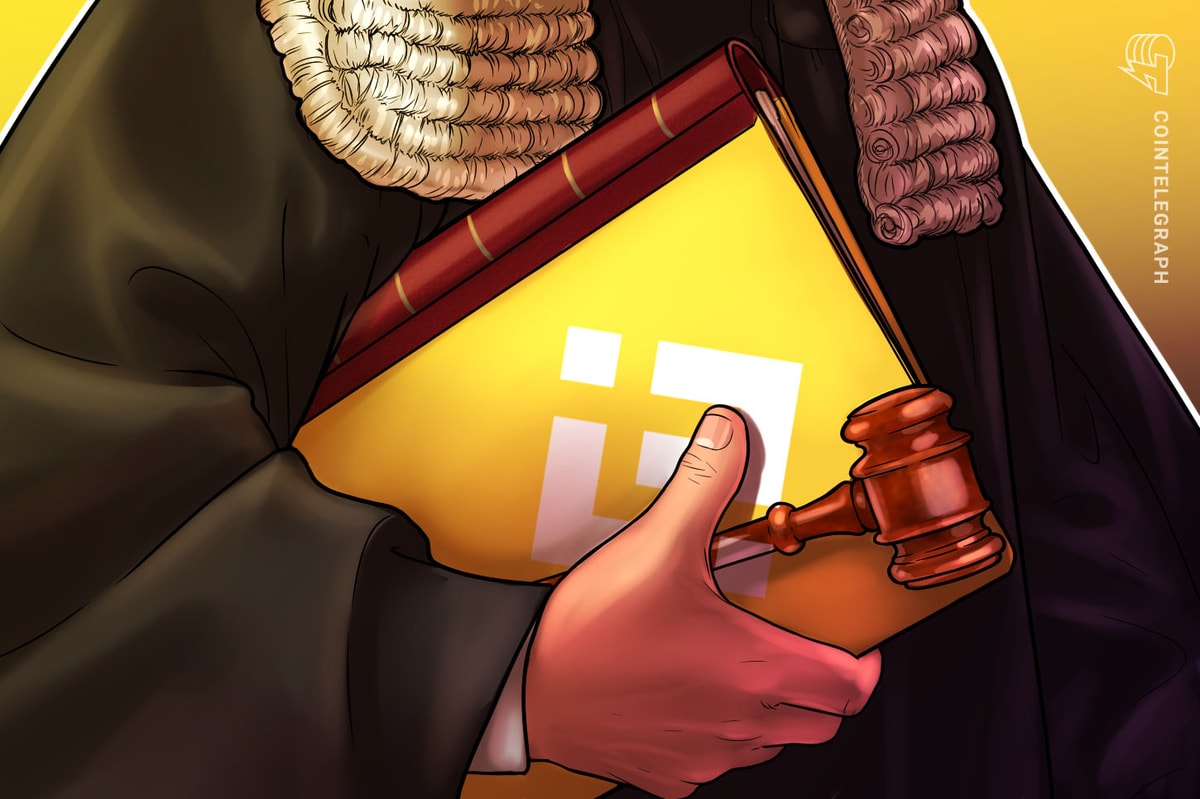It’s no secret that the Securities and Exchange Commission and cryptocurrency enthusiasts aren’t exactly the best of friends. But there’s one thing crypto can take from the SEC — its whistleblower program.
Even the staunchest SEC critics would struggle to argue against the merits of their whistleblower program. It can be seen as a gold standard, designed to encourage insiders to report violations of securities laws by offering monetary rewards and protection from retaliation. If crypto is to survive and thrive in the long term, it needs to clean up its act, and a whistleblower program akin to the SEC’s — but tailored to the specific needs of crypto — is the best way to achieve this.
We need to work with the SEC and regulators in crypto’s most important jurisdictions — including Hong Kong, the United Arab Emirates, the European Union, and other emerging crypto hubs — to develop a global standard for whistleblowing in the crypto industry. By putting in place whistleblower protection and incentive mechanisms across borders, the program can effectively mitigate some of the risks that arise from information asymmetry that exists between users and those who operate their crypto platforms.
Related: Bitcoin might drop to $30,000, but that's OK
This is no mean feat, but if we don’t try, we continue to leave our industry dangerously exposed to malpractice and unethical behavior by not offering sufficient protections to those who can uncover wrongdoing.
The need for a global unified whistleblower standard
The SEC’s whistleblower program — and indeed the Commodity Futures Trading Commission program too — contain elements that crypto can draw upon. However, there is a need for a more comprehensive and explicit program for the global crypto industry with all its nuances.

There is huge scope for crypto exchanges and other members of the ecosystem to engage the regulators to create meaningful, global consensus on a whistleblower program focused specifically on crypto. A program tailored to our industry could encompass areas such as malpractice at centralized exchanges, ICO scams and fraudulent projects, manipulation of decentralized finance (DeFi) protocols, hacks and rug pulls, to name but a few.
Many high-profile examples could have been avoided if we already had such a program in place. Any situation where there was a breach of fiduciary duties and there was at least one individual with the knowledge that it was happening could have been avoided if the appropriate protections and incentives were not only in place, but aligned at a global level. This could have conceivably been the case at FTX, QuadrigaCX, OneCoin, JPEX and many more.
These examples underscore the real-world consequences of inadequate oversight and the critical role whistleblowers can play in preventing financial disasters. They serve as potent reminders of the need for robust mechanisms that empower individuals to report wrongdoing without fear of reprisal, contributing to a safer and more transparent crypto marketplace.

Many of us in the industry are working hard to create a more just and equitable financial system. These efforts should not be thwarted by the misdemeanors of the few.
How it could work in practice
The crypto ecosystem needs to work together if this is to be achievable. A tall order, maybe, but by no means impossible.
Some progress can be achieved by setting up consultative panels comprising industry experts, regulators, and representatives from successful whistleblower programs. The ultimate impact, however, will come from regulatory bodies that have the ability to enforce action against those who commit misdemeanors while protecting individuals who seek to sound the alarm but may face significant risks in doing so. No licensing regime will be complete without such a program.
If linked to licensing — whereby a licensing application could be considered null and void without committing to a whistleblowing standard — we could accelerate the global adoption of such programs. Highlighting the necessity of a whistleblowing program as part of licensing requirements places the emphasis on taking proactive measures against fraud and misconduct. It suggests that regulatory frameworks for crypto should not only be reactive but also preventative, setting a higher standard for operational transparency and ethical conduct.
Related: The writers at Saturday Night Live need to learn about de-banking
While overseen by regulators, further collaboration from exchanges on this would emphasize the industry's collective responsibility towards ethical operations. It would signal to the public and investors alike that the crypto industry is committed to meaningful self-regulation and high standards of integrity, further building trust and stability in the ecosystem.
Exchanges will continue to play a critical role in onboarding people into crypto. However, the entry of asset managers offering ETFs accelerates the need for the whole crypto ecosystem — but particularly exchanges — to up their game and do a great deal of work to restore trust and ensure they are seen as safe and trusted bridges into digital assets.
The time is now
The SEC is an unlikely muse, but this call to action comes at a critical juncture for our industry. With ever-growing levels of scrutiny and calls for regulation, a standard for crypto whistleblowing could not just be seen as a tool for compliance, but as a foundational element for building a sustainable and ethical crypto economy.
The time to address this is now. As momentum for the likely bull run builds, we all need to urgently tackle malpractice to earn the trust of newcomers and restore faith among users who may have been badly burned by the misdeeds of bad actors.
If the industry fails to act swiftly, we leave the market vulnerable to manipulation, fraud, and the betrayal of public trust. It can hinder the growth and maturation of the crypto industry, and ultimately hold back the progress of building a superior financial system that serves everyone. Humanity deserves better.
This article is for general information purposes and is not intended to be and should not be taken as legal or investment advice. The views, thoughts, and opinions expressed here are the author’s alone and do not necessarily reflect or represent the views and opinions of Cointelegraph.










